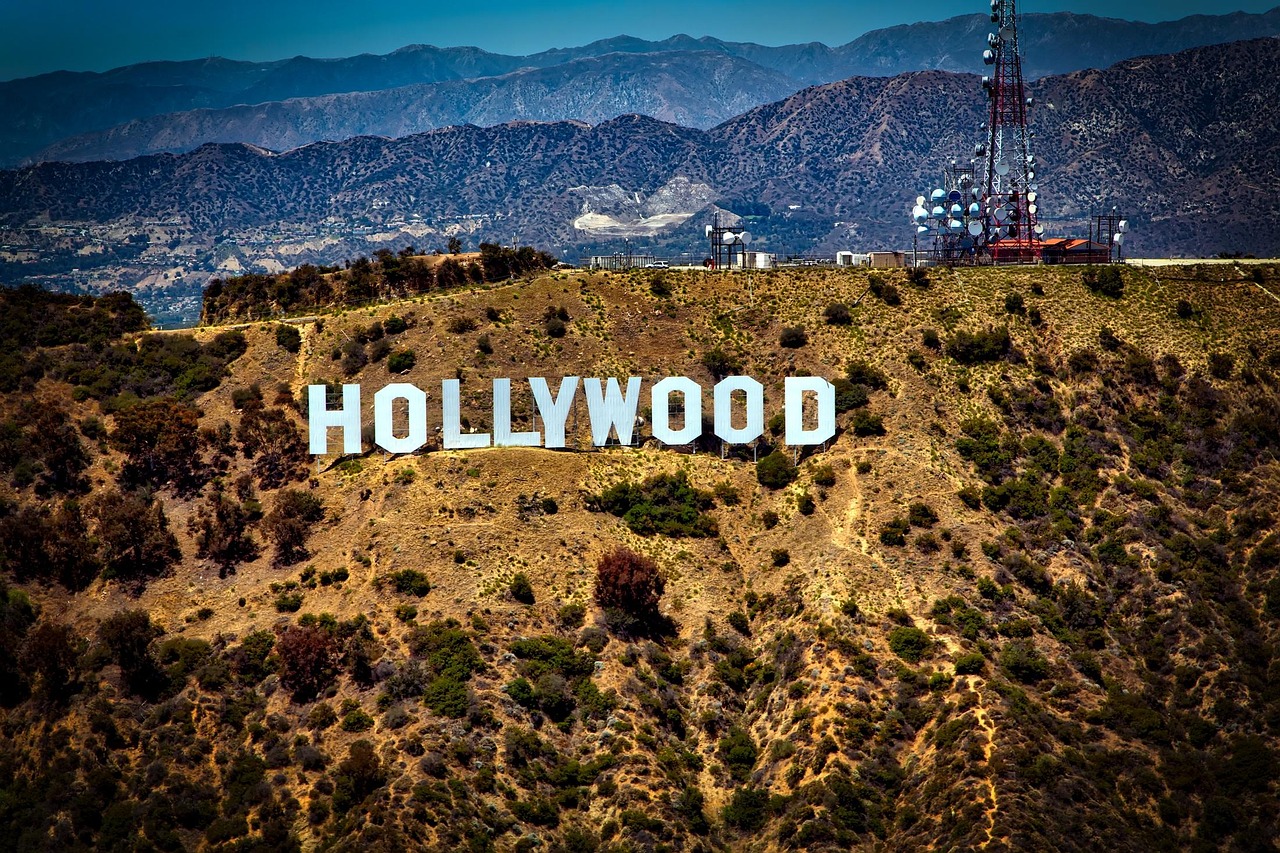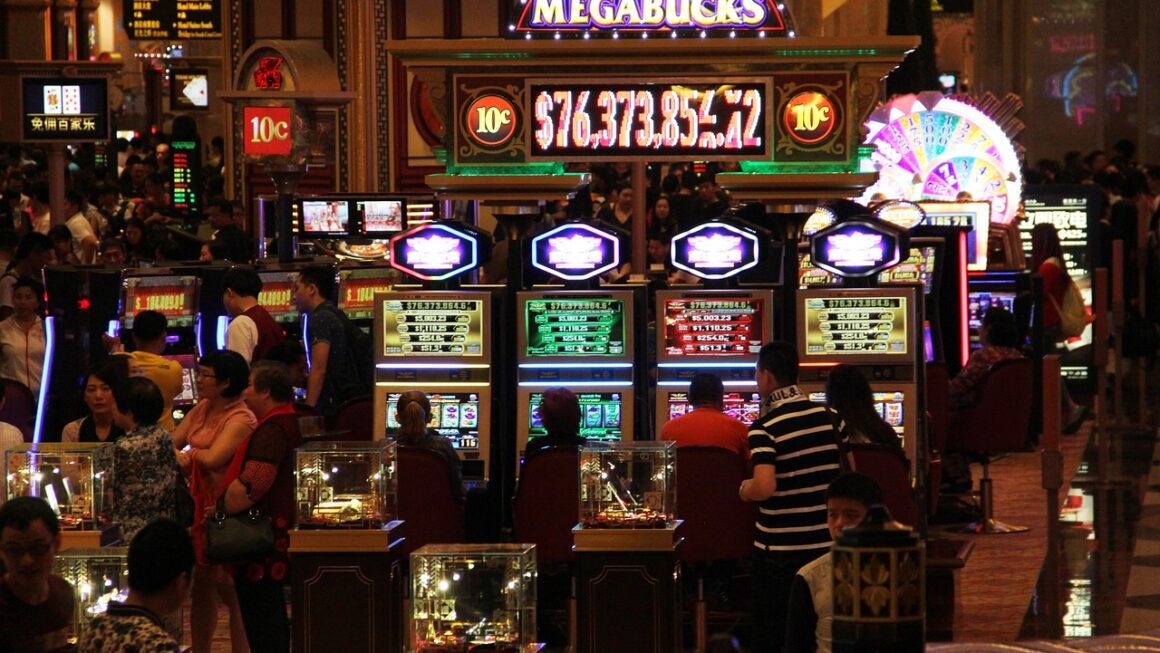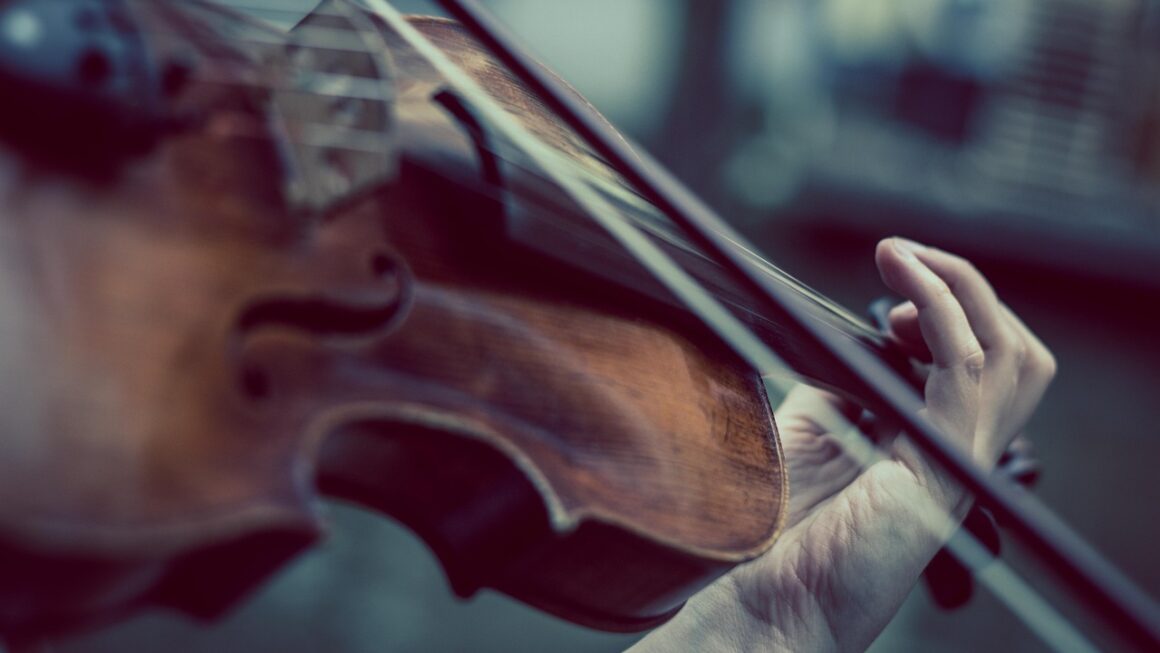From red carpet rivalries to social media spats, the world of celebrity drama provides a constant stream of entertainment and intrigue. It’s more than just gossip; it’s a fascinating look into the lives of those in the spotlight, revealing the pressures, vulnerabilities, and occasional absurdities that come with fame. Whether you’re a casual observer or a devoted follower, understanding the anatomy of celebrity drama can offer valuable insights into media manipulation, public perception, and the ever-evolving dynamics of the entertainment industry.
The Anatomy of a Celebrity Feud
Triggers and Initial Sparks
Celebrity feuds often begin with seemingly minor incidents that escalate into full-blown public dramas. These triggers can range from misinterpreted comments in interviews to accidental social media interactions, or even perceived slights at awards shows.
- Example: The famous feud between Taylor Swift and Kanye West initially sparked at the 2009 MTV Video Music Awards when Kanye interrupted Taylor’s acceptance speech.
- Data: A study by the Pew Research Center found that 62% of adults in the U.S. get their news from social media, making it a fertile ground for misunderstandings and escalating conflicts.
- Actionable Takeaway: Recognizing the potential for miscommunication online can help manage expectations and prevent unnecessary escalation in any relationship, not just among celebrities.
The Role of Social Media
Social media has revolutionized how celebrity drama unfolds. Platforms like Twitter, Instagram, and TikTok provide celebrities with direct access to their fans and critics, allowing them to shape the narrative in real-time. However, this also means that feuds can play out publicly and instantaneously.
- Benefits of Social Media in Celebrity Drama:
Direct Communication: Celebrities can directly address rumors and provide their perspective.
Real-Time Updates: Fans receive immediate updates on the latest developments in the feud.
Increased Engagement: Social media drives engagement and generates buzz around the celebrities involved.
- Drawbacks of Social Media in Celebrity Drama:
Escalation: The public nature of social media can lead to rapid escalation of conflicts.
Misinterpretation: Nuance and context can be lost in short, written posts.
Public Scrutiny: Every word and action is subject to intense public scrutiny.
- Example: The feud between Kim Kardashian and Taylor Swift reignited when Kim released a recording of a phone call between Kanye West and Taylor regarding his song “Famous.”
Media Manipulation and Public Perception
The media plays a crucial role in shaping public perception of celebrity feuds. News outlets, blogs, and social media influencers often amplify the drama, contributing to the ongoing narrative.
- How the Media Shapes Public Perception:
Framing: News outlets can frame the story in a way that favors one celebrity over another.
Sensationalism: The media often emphasizes the most dramatic aspects of the feud to attract attention.
Agenda Setting: By focusing on certain details, the media can influence what the public considers important.
- Example: The media coverage of the Amber Heard and Johnny Depp trial significantly impacted public opinion, demonstrating the power of media framing.
Types of Celebrity Drama
Romantic Entanglements and Breakups
Romantic relationships in the celebrity world are constantly under public scrutiny. Breakups, affairs, and love triangles often generate significant media attention and fan speculation.
- Examples:
The Brad Pitt, Angelina Jolie, and Jennifer Aniston saga captivated the world for years.
The tumultuous relationship and eventual divorce of Justin Bieber and Selena Gomez generated intense fan interest.
Professional Rivalries
Competition within the entertainment industry can lead to rivalries between actors, musicians, and other public figures. These rivalries may involve competition for roles, album sales, or awards.
- Examples:
The ongoing debate between fans of Drake and Kanye West.
Competition between female pop stars like Madonna, Britney Spears, and Christina Aguilera in the late 1990s and early 2000s.
Social Media Controversies
A single tweet, Instagram post, or TikTok video can trigger a massive controversy, impacting a celebrity’s reputation and career. Celebrities must navigate the digital landscape carefully to avoid causing offense or making missteps.
- Examples:
The controversy surrounding Chrissy Teigen’s past online behavior and subsequent apologies.
Instances where celebrities have been “canceled” for insensitive or offensive comments.
The Impact of Celebrity Drama
On Mental Health
The intense public scrutiny and constant media attention can take a significant toll on a celebrity’s mental health. Dealing with criticism, rumors, and invasions of privacy can lead to anxiety, depression, and other mental health issues.
- Practical Tips:
Therapy and Counseling: Seeking professional help to manage stress and anxiety.
Mindfulness and Meditation: Practicing mindfulness to stay grounded and reduce stress.
Setting Boundaries: Establishing clear boundaries with the media and fans.
On Public Image and Career
Celebrity drama can significantly impact a celebrity’s public image and career. Scandals and controversies can lead to lost endorsements, canceled projects, and damage to their reputation.
- Examples:
The impact of Mel Gibson’s controversies on his career trajectory.
The career resurgence of Robert Downey Jr. after overcoming personal struggles.
On Fan Culture
Celebrity drama often fuels fan culture, creating intense loyalty and passionate debates among fans. Fans may take sides in a feud, defending their favorite celebrity and criticizing their rivals.
- Examples:
The intense rivalry between fans of different K-pop groups.
The passionate debates among fans of different superhero movie franchises.
How to Navigate Celebrity Drama
Understanding Media Bias
It’s crucial to recognize that media coverage of celebrity drama is often biased. News outlets and social media influencers may have their own agendas and biases, which can influence how they present the story.
- Practical Tips:
Seeking Multiple Perspectives: Read coverage from various sources to get a balanced view.
Fact-Checking: Verify information from reliable sources before accepting it as truth.
Critical Thinking: Analyze the information presented and consider the source’s potential biases.
Respecting Privacy
While celebrity drama can be entertaining, it’s essential to respect the privacy of those involved. Remember that celebrities are human beings with feelings and emotions.
- Practical Tips:
Avoiding Cyberbullying: Refrain from posting hateful or offensive comments online.
Supporting Mental Health: Encourage celebrities to seek help when needed.
Promoting Empathy: Remember that celebrities are people too and deserve empathy.
Engaging Responsibly
If you choose to engage in discussions about celebrity drama, do so responsibly and respectfully. Avoid spreading rumors or engaging in personal attacks.
- Practical Tips:
Focusing on Facts: Stick to factual information and avoid speculation.
Respecting Opinions: Acknowledge and respect the opinions of others, even if you disagree.
* Promoting Constructive Dialogue: Encourage respectful and constructive conversations.
Conclusion
Celebrity drama is a multifaceted phenomenon that reflects the complexities of fame, media manipulation, and human nature. By understanding the triggers, types, and impacts of celebrity feuds, we can navigate this world more responsibly and critically. Whether you’re a casual observer or a dedicated follower, it’s important to remember that behind the headlines and social media posts are real people whose lives are significantly impacted by the spotlight. Engaging with celebrity culture thoughtfully and ethically can lead to a more informed and empathetic understanding of the individuals and forces at play.




